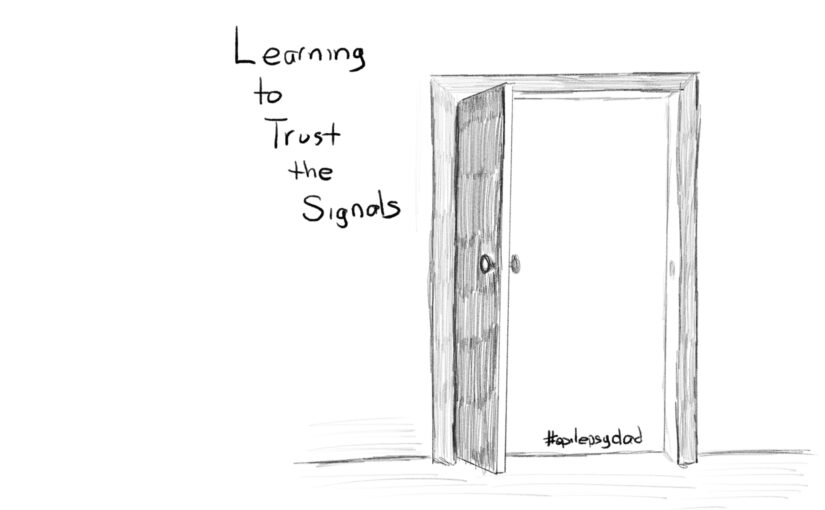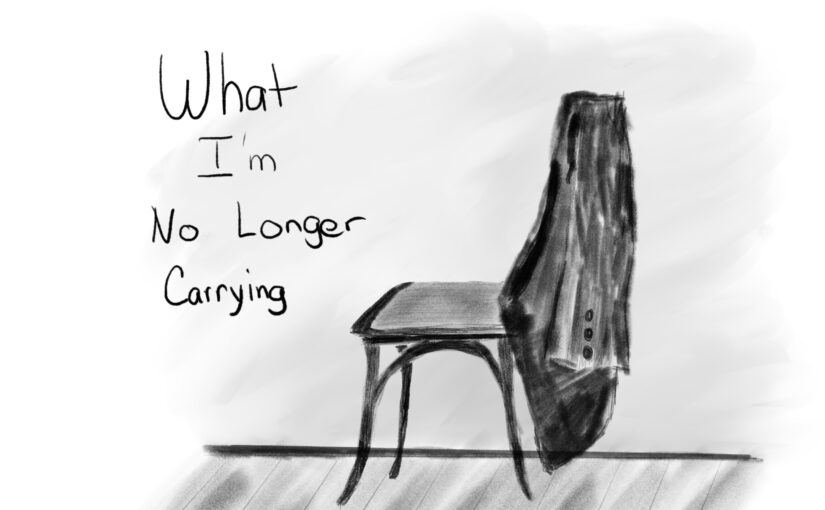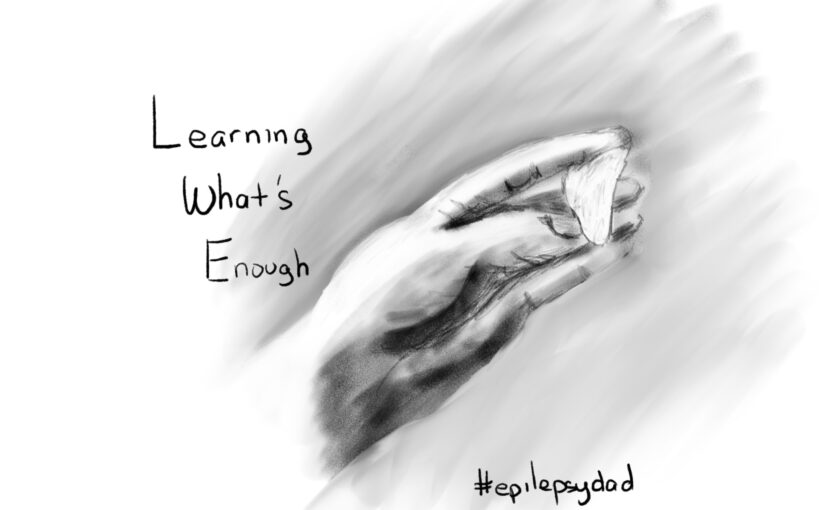For a long time, pushing through felt normal.
Stopping rarely felt like an option, and slowing down felt like failure. If something needed attention, I gave it more of myself. That became the pattern. Over time, I stopped questioning it.
What I didn’t notice at first was how often I worked past the moments when something felt off.
Fatigue showed up and I ignored it. Tension settled in and I kept moving. Irritability crept into my days, and I told myself it was just part of being responsible. I learned how to treat those moments as noise rather than information—something to manage instead of something to listen to.
Being tired didn’t mean stop. Feeling overwhelmed didn’t mean slow down. Reaching a limit didn’t mean the limit mattered. There was always a reason to keep going, always something else that needed attention, always someone who needed more.
When you spend enough time carrying more than you should, you stop listening to the warnings. You learn how to override them. You tell yourself this is just what responsibility feels like, that everyone is exhausted, that rest can come later.
Later rarely comes.
This year, something has started to shift. Not dramatically, and not all at once. But I’m noticing those moments again—and more importantly, I’m beginning to take them seriously.
I notice when my body tightens before my mind catches up. When a day feels heavier than it should. When my patience thins faster than usual. These moments don’t feel like personal failures anymore. They feel like information. Like early indicators that something needs attention before it becomes something harder to manage.
Looking back, those were signals. I just didn’t trust them.
For a long time, I treated those signals as obstacles—things to push through so the day could keep moving. Now I’m trying to treat them as guidance. Not instructions, exactly, but feedback. A way of understanding where the edges are before I collide with them.
That doesn’t mean I always stop when I should. Old habits don’t disappear quietly. I still push past things sometimes, still tell myself I can handle a little more. But I’m paying attention in a way I wasn’t before. I’m learning the difference between discomfort that’s part of the work and discomfort that’s telling me I’ve crossed a line.
Trusting the signals doesn’t mean avoiding hard things. It means recognizing when the cost is no longer proportional—when effort turns into erosion, and when pushing forward stops being responsible and starts being destructive.
I don’t need to analyze every feeling or justify every boundary. I just need to notice what happens when I listen, and what happens when I don’t.
So far, the pattern is clear. When I ignore the signals, the consequences show up anyway. They just arrive later, louder, and harder to manage. When I listen, things don’t fall apart. They get quieter. More contained. More honest.
Learning to trust myself again isn’t about certainty. It’s about permission. Permission to believe what my body and my attention have been telling me all along.
I spent a long time surviving by pushing through.
Now I’m learning how to live by paying attention.


